But what if even newer technologies threaten to make farmers themselves redundant? That is the prospect raised by the coming microbial revolution, which will potentially see micro-organisms in industrial vats used to produce most of the food humans need with vastly greater efficiency than conventional agriculture.
Some experts believe that this could be the biggest shift in the human economy since the invention of agriculture 10,000 years ago, freeing people from being tied to the land and reducing or even eliminating our reliance on producing food from soil, sunshine and other environmental resources.
Proponents include the United Kingdom-based environmental campaigner and Guardian columnist George Monbiot, who has coined the term “farmfree foods” to describe the heralded new products. Monbiot insists that farmfree foods “create astonishing possibilities to save both people and the planet.”
In particular, farmfree food will “allow us to hand back vast areas of land and sea to nature, permitting rewilding and carbon drawdown on a massive scale,” he said. It will also mean an “end to the exploitation of animals, an end to most deforestation” and a “massive reduction in the use of pesticides and fertilizer.”
Monbiot is not the only enthusiast. A report from the think tank RethinkX, which focuses on disruptive technologies, asserts that “the current industrialized, animal-agriculture system will be replaced by a Food-as-Software model, where foods are engineered by scientists at a molecular level and uploaded to databases that can be accessed by food designers anywhere in the world.”
This is not a revolution driven by governments but by scientists and innovators working in the field of “precision biology.” This encompasses a whole suite of technologies needed to design and reprogram cells and organisms, such as genetic engineering, synthetic biology, metabolic engineering and computational biology.
According to RethinkX, “synthetic biology has undergone a conceptual shift by becoming an engineering discipline. Just like software developers, synthetic biologists can engineer biology and improve quality, scalability, nutrition, taste, structure and cost.”
The potential of this technology is nearly limitless. Microbes can have their genomes programed to produce virtually any desirable molecule, from omega 3 fatty acids to specific proteins, carbohydrates or sugars. Inputs can be produced using little more than air and water.
One much-cited example of the new wave is the Finnish firm Solar Foods, which produces microbial protein and carbohydrate using just hydrogen, oxygen and carbon dioxide as the main feedstocks. Hydrogen is derived from water via electrolysis using renewable electricity, making this a low-carbon foodstuff too.
Solar Foods claims its experimental powdered product Solein is 10 times more land-efficient than photosynthetic plants, if the electricity consumed comes from solar panels. Although the company does not say so, clearly this ratio could be dramatically improved however if the electricity were derived from a more land-efficient source, such as nuclear (which can also produce hydrogen directly).
Microbes can also be used to substitute for proteins produced by cows in milk and in their meat, while cell-based meats will likely become cost-competitive — initially for the ground beef market — within just a few years. One company, Finless Foods, is now aiming to use cell technology to replace seafoods, thereby hopefully taking the pressure off the world’s oceans.
The impact on animal agriculture could be dramatic. RethinkX forecasts that by 2030 demand for cow products will have fallen by 70 percent, and that even before this point “the U.S. cattle industry will be effectively bankrupt.” Demand for crops to feed cattle will fall by 50 percent, affecting in particular grain-exporting countries like Brazil, and farmland values “will collapse by 40 percent-80 percent.”
As Monbiot points out, this is potentially great news for nature. Land spared from agriculture could be rewilded to help halt the dramatic declines in biodiversity and wildlife abundance that are largely driven by land conversion for farming and grazing.
Spared land could also allow the sequestration of billions of tonnes of carbon in regrowing forests, reducing atmospheric concentrations of CO2 and helping the planet avoid the most catastrophic impacts of climate heating.
Cheaper food produced on only a tiny fraction of today’s land could also improve food security worldwide, not least by disconnecting food production from the vagaries of increasingly erratic weather as climate impacts accelerate.
It is not just farmers who will see their economic profitability and lifestyles disrupted in such a scenario. Fertilizer and pesticides manufacturers, as well as seed companies and farm machinery makers, would all find their business models undermined and their margins eroded.
Many environmentalists are not keen either. Monbiot admits he was “booed to the rafters” when presenting his vision to the Oxford Real Farming Conference recently. This meeting tends to attract proponents of “regnerative” and organic agriculture, whose return-to-nature approach unfortunately leads to much higher land take and greenhouse gas emissions than even conventional agriculture.
As with earlier genetic engineering, it is clear that next-generation precision biology will be disruptive to ideologies as well as economies. Greens, who tend to imagine a return to a bucolic rural idyll, will take some persuading that vat-based microbial foods produced on a mega-industrial scale are a step in the right direction.
But there is little sign that existing environmentalist approaches are working as deforestation increases, human population growth heads towards 9.5-10 billion and economic growth continues globally. Unless all these new people can be fed in a way that does not mean cultivating yet more land, the remaining tropical forests will surely fall too.
The hope with precision biology is that this revolution will be driven by innovation and economics. As RethinkX points out, once the new technologies begin to eat away at the markets for existing animal products, the livestock industries will enter a “death spiral” as they try to stay afloat by raising the prices on their remaining products.
The new era of precision biology and farmfree foods will upend our existing approaches and belief systems about food and farming. We simply cannot know how new technologies will change the lives of people across the world.
But at a conceptual level at least it is now possible to envisage how a larger human population can potentially survive the coming climate emergency without destroying much of the planet’s remaining biodiversity. And that surely has to be a good thing.

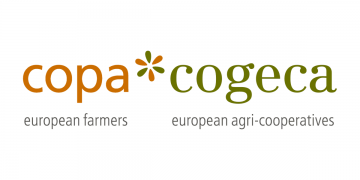

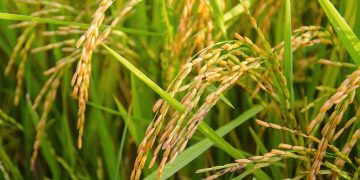



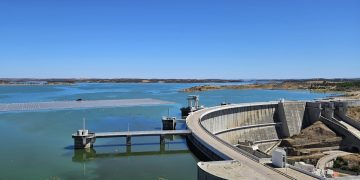

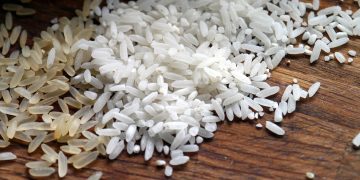











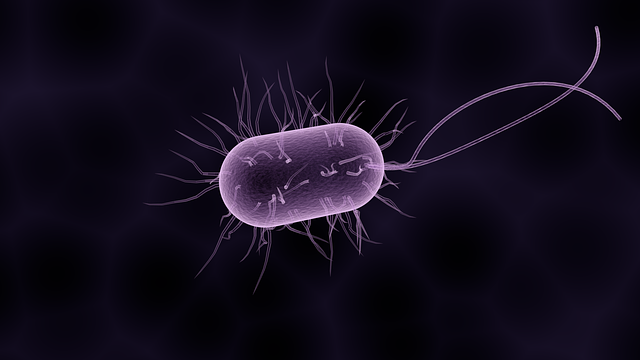
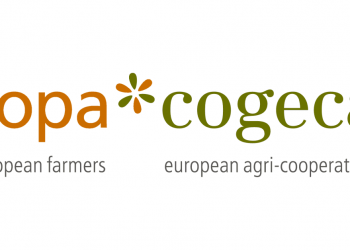

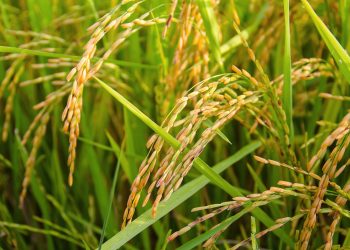




























Discussão sobre este post